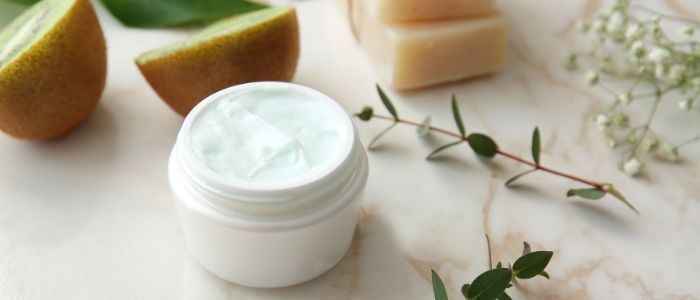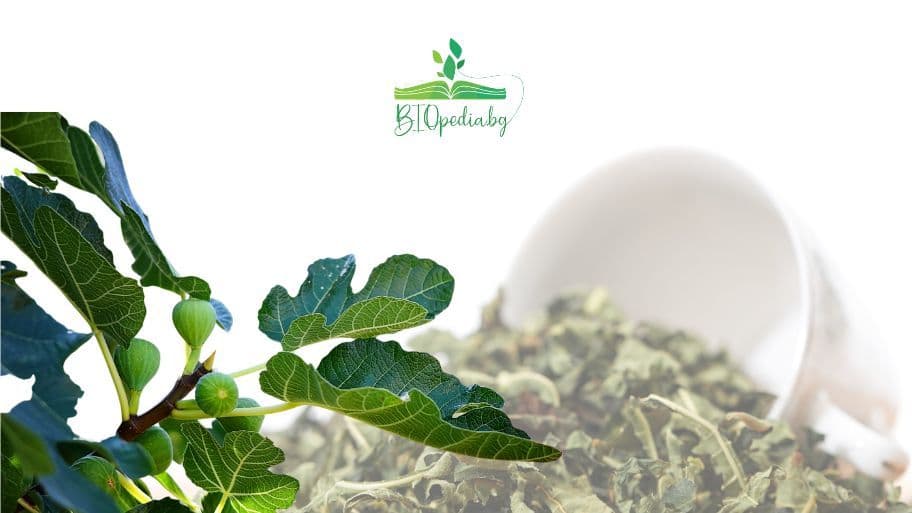- What does organic face cream mean?
- Organic face cream - how to recognize the labels?
- \- **Green** \- The term "green" is not regulated, but it usually refers to the effect that the production of the product and the extraction of its ingredients can have on the environment.
- Organic face cream - what to pair it with for an effective routine
- Organic face cream - disadvantages
Whether it's how often you wash your hair, what products are in your routine and skincare, or all those products you're curious to try, beauty is an individual thing.
While we all have different criteria for what is beautiful and attractive, we can all agree that healthy skin, hair, nails and teeth are certainly beautiful.
That's why we often turn to alternatives, such as organic face cream, that promise health and beauty with the power of nature. What actually makes an organic face cream so much more appealing than conventional skin care products on the store shelf?
What does organic face cream mean?
An organic face cream contains raw materials and ingredients that are of plant or animal origin and are grown, harvested and processed in a natural way.
What do we mean by organic raw materials and ingredients? They come from plants and animals that have been raised organically and similarly to their lifestyle in the wild.
The authenticity of all pollination and propagation processes, soil cultivation, irrigation, nutrition and feeding, etc., is respected. This means that in order for the products and raw materials to be organic, they must not have been treated with chemicals, antibiotics and hormones, chemical fertilizers, synthetic pesticides, etc.

Organic face cream - how to recognize the labels?
Many people are worried that organic face cream is actually a marketing ploy to make more sales. The term "organic" really attracts more attention not only because it is something different from the conventional products on the store shelves.
However, the term "organic" is not the only one we often see on labels and associate with these benefits. Let's look at some more labels here and make one important clarification before that. An organic face cream can be placed in one of the following categories in addition to "organic":
- Organic - this definition is closest to organic. Companies can label their products as organic. The term organic doesn't just mean that the product itself is organic, it can also mean that its ingredients are certified organic.
- Green - The term "green" is not regulated, but it usually refers to the effect that the production of the product and the extraction of its ingredients can have on the environment.
Green products are usually produced with the thought of reducing the harmful effect on nature and encouraging more sustainability. For example, a green cosmetic product may contain raw materials whose extraction stimulates and supports the environment rather than harming it.
Clean - Again an unregulated term. In this case it refers to products that are focused on being non-toxic.
Vegan - This term encompasses products that do not contain any raw materials or ingredients of animal origin.
Cruelty-free or cruelty-free - This category includes products that are not cruel to animals in their extraction and manufacture.

Fair trade or fair-trade - This includes products that are regulated by criteria for the ethical cultivation and extraction of raw materials in relation to the planet, nature, and people.
Organic face cream - what to pair it with for an effective routine
Ideally, by choosing an organic face cream, you will also be opting for organic origins for all the other products you use for your daily skincare routine. Such an organic routine might include:
Morning
Cleansing - an organic cleanser to remove all impurities
Exfoliation - an organic exfoliating product to remove dead skin. Used up to three times a week to avoid dry skin and irritation.
Toning - bio toner to tighten pores, eliminate residual impurities, rebalance skin
Hydration - here comes the turn of your favourite organic face cream. It's recommended to look for ones with botanical ceramides, which will lock in the skin's moisture and protect it from dehydration. For extra hydration and nourishment, you can add an organic serum as the next step.
Sunscreen - of course, it's an extremely important part of the routine. Sunscreens with different factor are available in the market from the category "organic".

Evening: Repeat the morning routine but add one more product and make some adjustments.
Eye cream - extremely important to nourish the most delicate area and prevent first wrinkles.
Nighttime organic face cream - not a must, but you can add an organic face cream that has been formulated with a richer and more nourishing formula to apply at night.
Organic face cream - disadvantages
Such can hardly be mentioned regarding the action of this type of product. Here we can mention the shorter shelf life. Bio products do not include in their composition synthetic preservatives, and this means that they can be used within two to four months in the most general case.
Choose the right organic face cream for your skin's needs and you will enjoy more vitality and elasticity, better hydration, better prevention from harmful influences, a pure formulation and a solution to a number of skin problems.






Comments